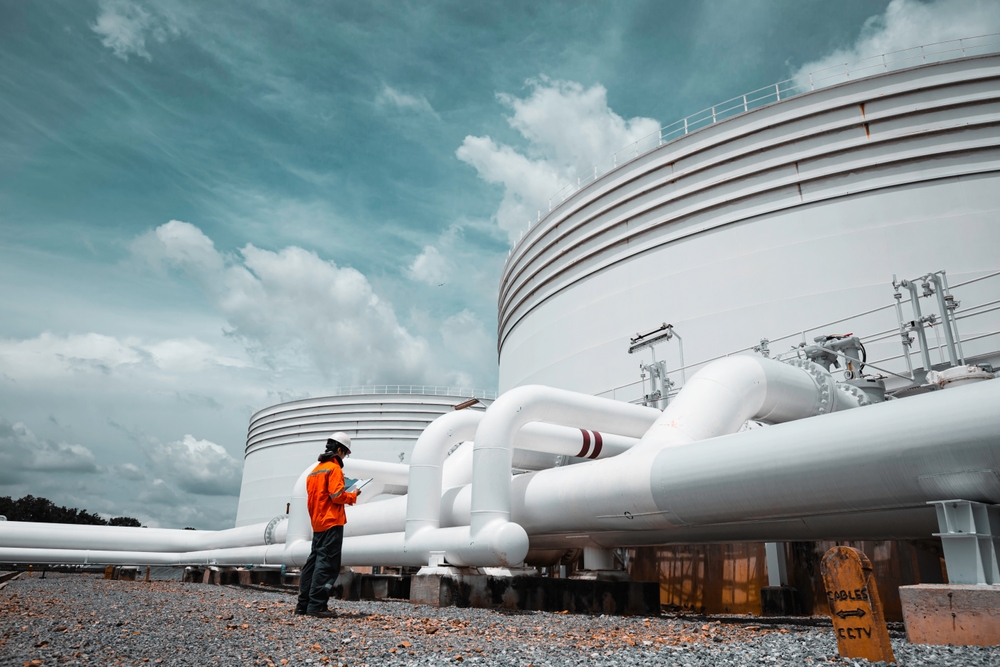

This course looks at the exploration, drilling, production, and the management of reservoirs within the context of upstream global operations in the oil and the gas sector. Upon completion participants shall be able to appreciate the entire structure of the upstream operations and the global competitive environment and the processes involved in the performance and management of resource development and production activities.
| City | Start Date | End Date | Fees | Register | Enquire | Download |
|---|---|---|---|---|---|---|
| Dubai | 23-06-2025 | 27-06-2025 | 4300 $ | Register | Enquire | |
| Zurich | 07-07-2025 | 11-07-2025 | 5600 $ | Register | Enquire | |
| Rome | 14-07-2025 | 18-07-2025 | 6200 $ | Register | Enquire | |
| Paris | 21-07-2025 | 25-07-2025 | 6200 $ | Register | Enquire | |
| Dubai | 04-08-2025 | 08-08-2025 | 4300 $ | Register | Enquire | |
| Cairo | 11-08-2025 | 15-08-2025 | 3950 $ | Register | Enquire | |
| Madrid | 18-08-2025 | 22-08-2025 | 6200 $ | Register | Enquire | |
| Cape Town | 01-09-2025 | 05-09-2025 | 5600 $ | Register | Enquire | |
| Madrid | 08-09-2025 | 12-09-2025 | 6200 $ | Register | Enquire | |
| Amsterdam | 15-09-2025 | 19-09-2025 | 6200 $ | Register | Enquire | |
| London | 22-09-2025 | 26-09-2025 | 6200 $ | Register | Enquire | |
| Kuala Lumpur | 29-09-2025 | 03-10-2025 | 4950 $ | Register | Enquire | |
| Rome | 06-10-2025 | 10-10-2025 | 6200 $ | Register | Enquire | |
| Dubai | 13-10-2025 | 17-10-2025 | 4300 $ | Register | Enquire | |
| Casablanca | 20-10-2025 | 24-10-2025 | 4950 $ | Register | Enquire | |
| Cairo | 27-10-2025 | 31-10-2025 | 3950 $ | Register | Enquire | |
| Prague | 03-11-2025 | 07-11-2025 | 6200 $ | Register | Enquire | |
| Vienna | 10-11-2025 | 14-11-2025 | 6200 $ | Register | Enquire | |
| Dubai | 17-11-2025 | 21-11-2025 | 4300 $ | Register | Enquire | |
| London | 01-12-2025 | 05-12-2025 | 6200 $ | Register | Enquire | |
| Vienna | 08-12-2025 | 12-12-2025 | 6200 $ | Register | Enquire | |
| Casablanca | 15-12-2025 | 19-12-2025 | 4950 $ | Register | Enquire | |
| Paris | 22-12-2025 | 26-12-2025 | 6200 $ | Register | Enquire | |
| Kuala Lumpur | 29-12-2025 | 02-01-2026 | 4950 $ | Register | Enquire |
The topic is pertinent as it highlights the need to integrate management processes with organizational behavior. With onshore project development facing limited market opportunities globally, alternative potential projects must be explored.
The oil and gas industry comprises three distinct activities: upstream oil and gas operations, refineries and retail, and engineering, which includes analysis and management across all areas.
Each segment of the industry requires skilled and competent professionals to effectively manage the markets. For the first time, students pursuing a master’s course in Petroleum Engineering will conduct an economic analysis of oil and gas upstream investments.
The synthesis of new technologies in petroleum, along with a cross-functional approach, will combine business development and strategic management with production, broadening participants' knowledge of oil and gas and pre- and post-evaluation of large projects.
The structure of the oil and gas industry also includes downstream operations, focused on petroleum refining, oil product manufacturing, and distribution and sales.
At the end of this upstream oil and gas operations course, participants will be able to:
Unit 1: General Industry Overview and Basic Concepts:
Unit 2: Upstream Success Factors:
Unit 3: Profitably Managing Upstream Business:
Unit 4: Upstream Production Contracts and Fiscal Systems:
Unit 5: Economics of Oil and Gas, Risk Evaluation, and Project Appraisal:
The global upstream oil and gas operations course offers an in-depth understanding of the upstream sector, covering exploration, drilling, production, and the main equipment used. It emphasizes the importance of data management and analytics to enhance professional performance.
Participants will be equipped to apply their knowledge practically in oil and gas production, engage in problem-solving, and seize industry opportunities. The course also explores technological innovations in upstream activities.
In summary, this course helps participants appreciate the significance of upstream operations in the oil and gas sector, ensuring they possess the necessary skills and knowledge for active engagement. By focusing on core elements, the course prepares learners for action in this complex and evolving energy sector.
Upon completion, participants will be able to apply their skills effectively in oil and gas production, contributing to problem-solving and capitalizing on available opportunities, while also examining the practical applications of technology in upstream activities.
.jpg)

.jpg)
















